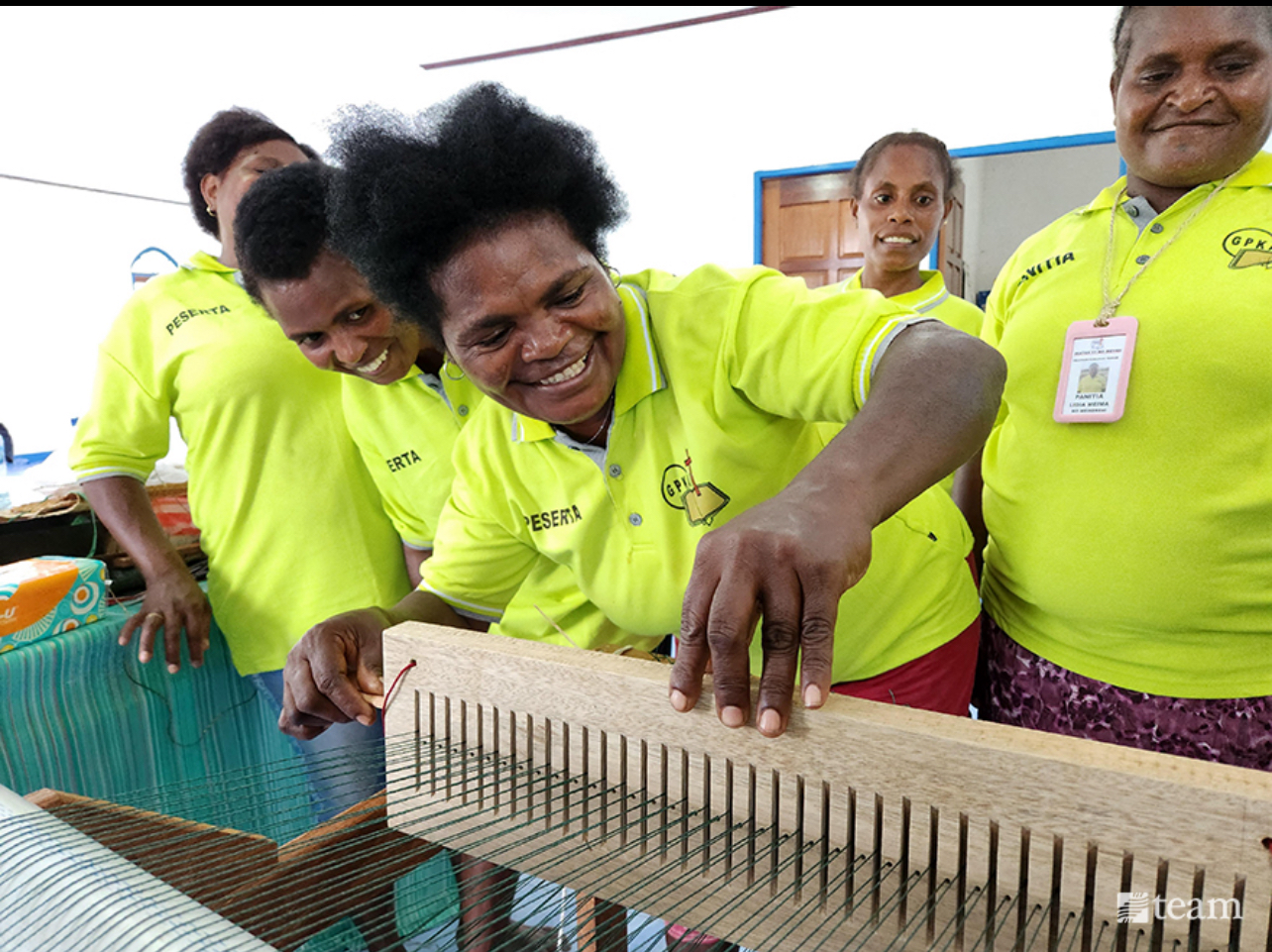
Prayer Focus
3 Ways to Pray for Missionary Kids [July Prayer Focus]
July 1, 2020
by admin

As a missionary kid, Allison got an early education on serving others. So, when the fifth-grader noticed there were a lot of homeless dogs and people in the area, she wanted to help!
Allison tried to bring a stray dog home so she could take care of him, but that didn’t work. So then she decided to start her own ministry. She called it “Snow Angel.”
Allison’s ministry focused on helping the homeless by collecting donations. She put donated mittens, gloves, hats and socks in gift bags and started passing them out to homeless people on the streets.
“[Allison], like many MKs, has a compassionate heart and the initiative to start something new,” her mom says. “There are so many talented MKs out there! I love seeing all of [their] gifts and talents being used!”
This month, we’re focusing our prayers on the children of missionaries, who often experience challenges other kids may not. Will you join us in praying for missionary kids?
1. Pray that MKs will be able to use their God-given gifts to glorify Him.
Allison saw a need, and she found a way to help. But serving God as a missionary kid doesn’t necessarily have to mean starting a new ministry. It can mean helping out with existing ministries, such as children’s ministries at church. Or it could mean befriending kids at school and being a light to other students.
And, of course, formal ministry isn’t the only way for missionary kids to glorify God. It can be as simple as studying hard at their new language or encouraging family members who are struggling. Ask God to shape each missionary kid into a person who seeks to glorify God however they can, wherever they are.
Pray that MKs will have the will and the courage to step in where they see a need, no matter how big or small that need might be. Ask God to show them opportunities to serve Him.
2. Pray that missionary kids will build solid friendships.
Missionary kids need a community just like anyone else, but it can be hard to maintain that community when physical distance or cultural barriers are in play.
Generally, MKs only see their friends from their home country when their family is on home assignment — and there can be years between these visits. They depend on technology like emails, social media and video calls to communicate with friends who may not understand the things they’re going through. Meanwhile, kids grow and change quickly, and maintaining friendships through all of that can be a challenge.

Maintaining friendships and making new friends in a different culture are challenges every missionary kid faces. Ask God to help MKs build strong friendships wherever they go.
And when it comes to friends in their new home, language barriers can make getting to know others difficult. Even simple conversations can be challenging, which makes deep conversations needed for deep connections almost impossible at the beginning. But even if there is no language barrier, just cultural differences can be a huge roadblock to friendships. Missionary kids generally have very different experiences than their peers. They may not know all the ins and outs of the most popular sport or leisure activity in the country, and they may feel lost if group conversations shift to these topics.
Pray that God will bring strong friendships into missionary kids’ lives. Ask Him to minimize cultural barriers and help kids to connect on a deep level. Pray that He will help MKs maintain long-distance friendships.
3. Pray for good spiritual and mental health for missionary kids.
Missionary kids are learning and growing just like any other kids; their parents just happen to be missionaries. But since their parents are missionaries, some of their experiences are a little different than the average child’s.
They’re learning to navigate a new place the same way their parents are, but they don’t have the same level of life experience their parents have to fall back on. Good missions agencies will provide cultural training to the whole family. But kids, even without the added pressure of culture shock, are still learning to verbalize and process their emotions. When you add culture stress into the mix, it can be hard for MKs to know how to navigate their emotions.
On top of all of this, missionary kids don’t necessarily go abroad with an already established and solid faith. Going through things like culture shock, moving to a new place or making new friends without a solid faith can make kids extra vulnerable spiritually.
Will you pray that God will grow and strengthen MKs’ faith through their experiences? Pray that He will give ways to process and verbalize their experiences.
Thank you for partnering with us in prayer! Click here to get a print-out of this month’s Prayer Focus requests and praise reports.

